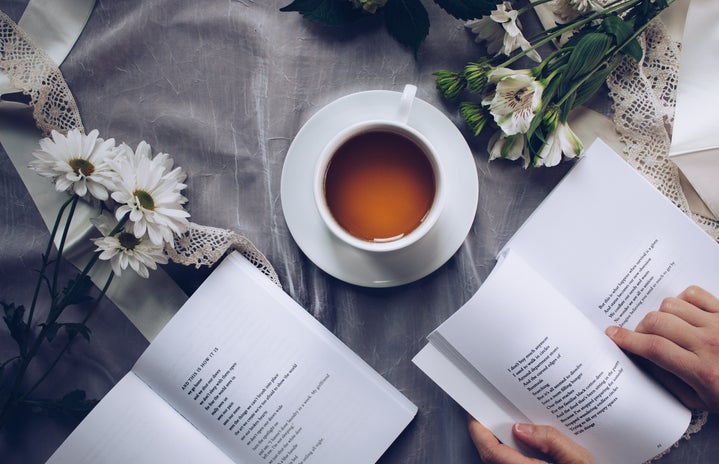As a college student, it’s no secret that caffeine is often the go-to beverage for those long study sessions. However, too much coffee can lead to jitters, insomnia, and other unwanted side effects. Luckily, there are plenty of alternatives that can help you stay focused and energized without overloading on caffeine. Here are some coffee alternatives for studying:
- Green tea
-
Green tea contains a moderate amount of caffeine and L-theanine, an amino acid that promotes relaxation and mental clarity. It’s also rich in antioxidants, which can help boost your immune system and fight off stress.
- Matcha
-
Matcha is a type of powdered green tea that’s made by grinding the whole tea leaf into a fine powder. I’m counting this as a seperate drink because of it’s different use cases and textures. It contains more caffeine than regular green tea and is also packed with antioxidants. Plus, its unique flavor and creamy texture make it a delicious and satisfying addition to smoothies and shakes.
- Herbal tea
-
Herbal teas come in a wide variety of flavors and can be tailored to fit your specific needs. Chamomile tea is known for its calming effects, while peppermint tea can help boost energy and focus. Ginger tea is another popular option, as it can help soothe an upset stomach and aid in digestion. Herbal teas are less or noncaffeinated options for students who want flavour but could do without the jitters.
- kombucha
-
Psyche we’re not done with tea yet. Kombucha is a fermented tea beverage that’s rich in probiotics and antioxidants. It’s sizzly with an excellent kick that can shake you awake after O-chem or OS have bored you to sleep.
- Golden Milk
-
Golden milk is a warm, spiced beverage made with turmeric, ginger, and other spices. It’s often made with non-dairy milk and sweetened with honey or maple syrup. Turmeric is known for its anti-inflammatory properties and can help boost brain function, making this a delicious and healthy option for studying.
- Guarana
-
Guarana is a plant native to the Amazon basin that contains about twice the caffeine found in coffee beans. It’s often found in energy drinks and supplements and can help increase focus and alertness.
- Yerba Mate
-
Yerba mate is a tea-like beverage made from the dried leaves of the South American yerba mate plant. It contains a moderate amount of caffeine and also contains theobromine, a stimulant found in chocolate that can help boost mood and focus.
- Caffeine Powder
-
Caffeine powder is a highly concentrated form of caffeine that can be added to drinks or taken in capsule form. While the amount of caffeine in a cup of coffee can vary depending on the type of coffee and how it’s brewed, a single serving of caffeine powder typically contains a precise amount of caffeine. This can make it easier to control your intake and ensure you’re getting the desired amount of caffeine.
- Apple Cider Vinegar
-
While not a traditional coffee alternative, apple cider vinegar can help boost energy levels and improve mental clarity. It’s also been shown to aid in digestion and promote a healthy immune system.
By incorporating these coffee alternatives into your study routine, you can stay focused and energized without the negative side effects of too much caffeine. So the next time you’re hitting the books, try switching up your usual cup of coffee for one of these tasty and healthy options.


